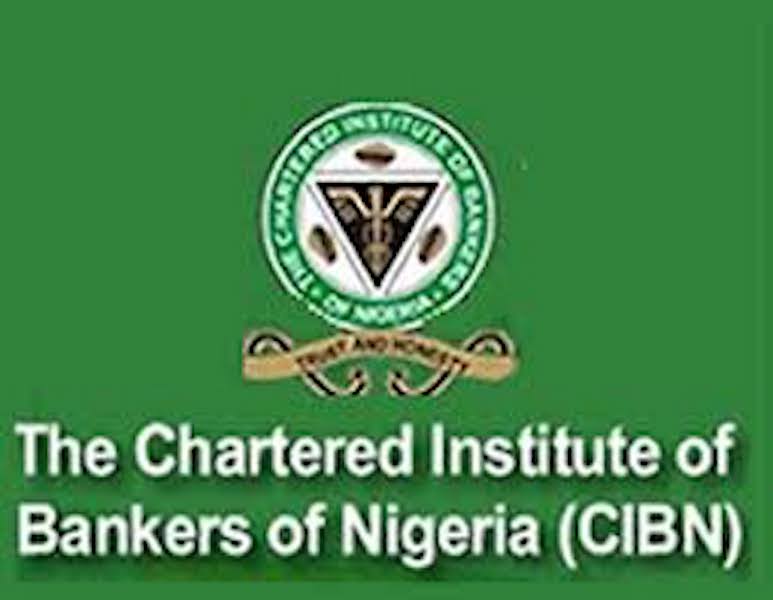IFC, CIBN partner to deliver sustainable banking certifcation programme

The International Finance Corporation (IFC), said it had firmed up arrangements with The Chartered Institute of Bankers of Nigeria (CIBN) on capacity building and Certification programme on Sustainable Banking in Nigeria
The ERSM Nigeria Programme Coordinator, International Finance Corporation (IFC), and a Panelist, Mr Ibrahim Salau, made the call at an Advocacy Dialogue Webinar, organised by the Centre for Financial Studies (CFS) of The Chartered Institute of Bankers of Nigeria (CIBN) in Lagos.
The CIBN Advocacy Dialogue, Series 2.0, was centred around the theme COVID 19: “Enhanced Sustainable Banking (ESB) Model in the Event of Major Economic and Business Disruptions’. The programme was chaired by the Deputy Governor, Financial Systems Stability Directorate, Central Bank of Nigeria, Mrs. Aishah N. Ahmad, FCIB, while Mrs. Mosun Belo-Olusoga, HCIB, Former Chairman, Access Bank Plc/Lead Consutant/Chief Marketing Officer, The Knowledge & Resource Centre (KRC) Limited was the guest speaker.
Other speakers at the event were; Mr. Simon Thompson, Chief Executive, Chartered Bankers Institute, UK; Mr. Jibril Aku, FCIB, Vice Chairman, Board of Directors, FMDQ Group; Mr. Ibrahim Salau, ERSM Nigeria Programme Coordinator, International Finance Corporation (IFC) while Mr. Femi Awoyemi, Founder/Chairman, Proshare Nigeria Ltd was the moderator.
Mr. Ibrahim Salau, Environmental and Social Risk Management (ESRM) Nigeria Programme Coordinator, International Finance Corporation (IFC) said the objective of the program is to increase the uptake of E&S standards by FIs in the Sub-Saharan Africa region leading to a reduction in risk exposure for FIs and an improvement in the E&S performance of their clients in the long term.
He also said the program partner’s with financial services regulators and industry associations to raise awareness on the business case for E&S risk management in the financial sector, provide technical support on the development of mandatory E&S risk management standards for the financial sector and build capacity to supervise the implementation of the standards
Mr. Salau also stated that the curriculum for the certification programme has been approved by the CIBN Governing Council and the course will be launched later this year. He added that a Training of Trainers (TOT) on Sustainable Banking will kick off next week with over 100 participants.
Mrs. Aishah N. Ahmad, FCIB, Deputy Governor, Financial Systems Stability Directorate, Central Bank of Nigeria and Chairman of the event, in her address stated that ‘Banking has been undergoing disruptions before the pandemic. Technological disruptions and competition has made banks change their business model. Given that Banks have been evolving overtime they are in a better position to weather the current storm.
“Banks can only manage these challenges if at this destructive event that is happening, they can fortify their big models and become more agile to respond to what’s happening in the market. And over 80 Per cent of banks have incorporated sustainable banking principles in their model.” she said.
Mrs. Mosun Belo-Olusoga, HCIB, Former Chairman, Access Bank Plc/Guest speaker in her presentation stated that the implications of the pandemic on the Nigerian economy include a rise in inflation, decline in investment such as FPI and FDI, a shrink in forex income, drop in oil revenue and a contraction in GDP which would all in turn lead to a fall in the value of the currency
She also expressed that some of the implications for the banking sector includes restrain on financial performance, movement of businesses to digital space, likely changes to board procedures and effectiveness, likely fall in Capital Adequacy Ratio below regulatory limit, decline in cashflow from loan repayment, increased fraud and cyber threats as a result of relaxed internal control etc
She said that ‘we don’t know when life will get back to normal, there is more pressure than ever for organisations to innovate and think outside the box. The good news is that financial institutions that step up to meet these challenges will benefit from a brand and shareholder perspective’.
“The Covid-19 pandemic brought to fore the critical linkages between the environment, human health and the overall economy, she said.
Mr. Simon Thompson stated that our priorities have changed as most policies are focused on health and economic emergencies. It’s therefore not unexpected that climate change and sustainable banking has taken a backward seat and one of the major problems we have in Sustainable Banking Finance is the lack of Realistic Carbon Pricing while Mr. Aku said that a liquidity support is necessary for Microfinance banks
The fact that the industry had been evolving itself puts the banks in a better position to weather








